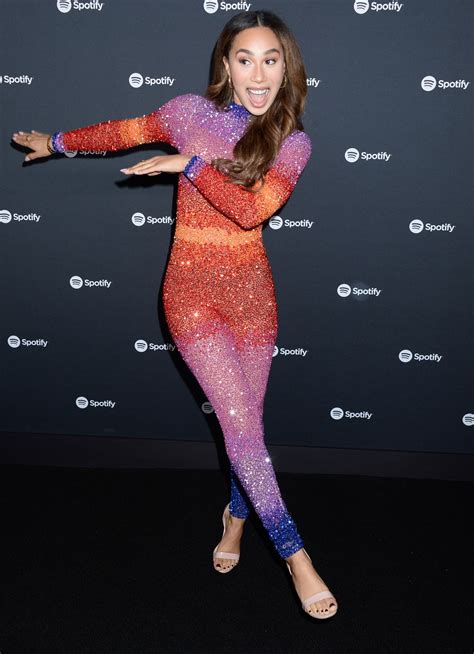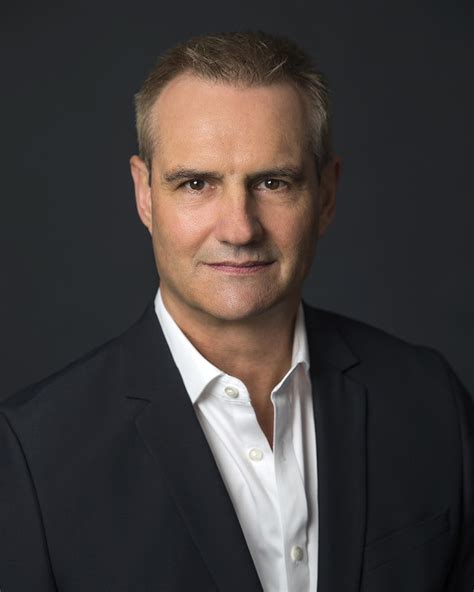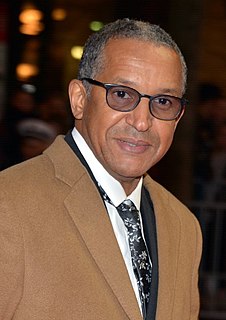A Quote by Jon Oringer
I started Shutterstock out of my own need. I'd previously created a few software companies, and each time, I struggled to find affordable images to use on my websites.
Related Quotes
I am myself a professional creator of images, a film-maker. And then there are the images made by the artists I collect, and I have noticed that the images I create are not so very different from theirs. Such images seem to suggest how I feel about being here, on this planet. And maybe that is why it is so exciting to live with images created by other people, images that either conflict with one's own or demonstrate similarities to them.
Oracle is my second job ever that did not involve waitressing. But I still have my waitress apron just in case this does not work out. It's just that I fell in love with software when I was programming in college. When I was an investment banker, there were mostly mainframe companies and very few software ones.
There are very few industries that I know of - I mean, there are companies in fashion, in cosmetics. They're developing AI models and training them in the cloud in the beginning. If they're successful, they build their own datacenters and develop the software in their own datacenter, like Uber does.
The Internet, really. It's amazing what you can find. There are so many different resources on the Internet and I got into blogging because of my friend's sister who had a blog, Fashion Robot, which she stopped a few months ago just because it was too much time ... I started taking more of an interest in fashion, and going to more websites like Style.com or whatever. Eventually I made a hasty decision and made my own.
I am a great believer in what we've been told time and time again by people like Joseph Campbell, "find your bliss." Find out what it is that touches you most deeply. Pursue it, learn about it, explore it, expand on it. Live with it and nurture it. Find your own way and make your own contribution. Find a way to make a contribution to this society because God knows we need contributions from the coming generation. This planet and this civilization is in need. I see it as a time of need.
Of course, technology is very important now. It's there, its available. It's there to be use however you see fit. You can use it and the jihadist can use it. In their case they have been very effective at making use of technology, particularly with websites. It's primarily through these websites that they do their recruiting. But it's not technology that makes them that way.
I own a few thousand snapshots, which is small by the standards of most collectors I know. I generally only buy photos I think I may actually be able to use in a book one day. I need that focus when buying, because without it I'd just buy everything and my house would be overrun with bucket loads of snapshots; there are just too many beautiful images in the world, and I'd need to own them all.


































